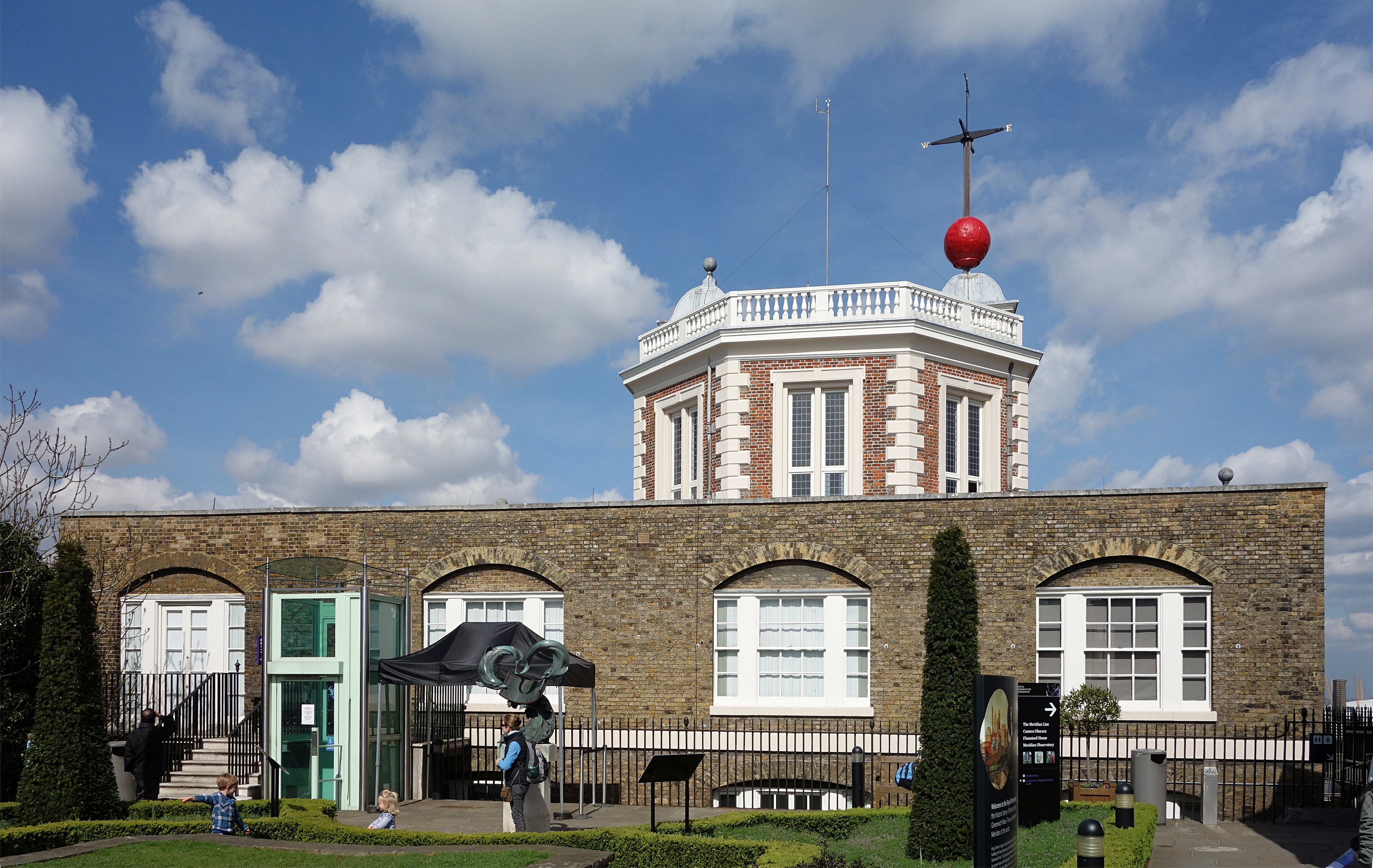|
Commander W.E. May
William Edward May (10 November 1899 - 26 April 1989) was a Royal Navy officer noted for his work in the development of gyro and magnetic compasses, and as a historian of compasses and marine navigation. Biography W.E. May was educated at the Royal Naval Colleges at Royal Naval College, Osborne, Osborne and Britannia Royal Naval College, Dartmouth. He went to sea in 1915 as a Midshipman on and saw action at the Battle of Jutland. He worked as a surveyor in ''HMS Merlin'' and ''HMS Flinders'', and qualified in navigation in 1923. In 1924, he married Mary Elspeth Margaret James. In 1927 he took a position as gyrocompass inspector with the instrument maker S G Brown Ltd. In 1929, May was appointed to the Admiralty Compass Observatory, being Superintendent of Gyro-compasses at HMNB Devonport, Devonport from 1933 to 1936, Malta Dockyard, Malta from 1936 to 1939, and Portsmouth Naval Shipyard, Portsmouth from 1939 to 1942. From 1942 he was responsible for organising installation and ser ... [...More Info...] [...Related Items...] OR: [Wikipedia] [Google] [Baidu] |
Royal Navy
The Royal Navy (RN) is the naval warfare force of the United Kingdom. It is a component of His Majesty's Naval Service, and its officers hold their commissions from the King of the United Kingdom, King. Although warships were used by Kingdom of England, English and Kingdom of Scotland, Scottish kings from the early Middle Ages, medieval period, the first major maritime engagements were fought in the Hundred Years' War against Kingdom of France, France. The modern Royal Navy traces its origins to the English Navy of the early 16th century; the oldest of the British Armed Forces, UK's armed services, it is consequently known as the Senior Service. From the early 18th century until the World War II, Second World War, it was the world's most powerful navy. The Royal Navy played a key part in establishing and defending the British Empire, and four Imperial fortress colonies and a string of imperial bases and coaling stations secured the Royal Navy's ability to assert naval superior ... [...More Info...] [...Related Items...] OR: [Wikipedia] [Google] [Baidu] |
